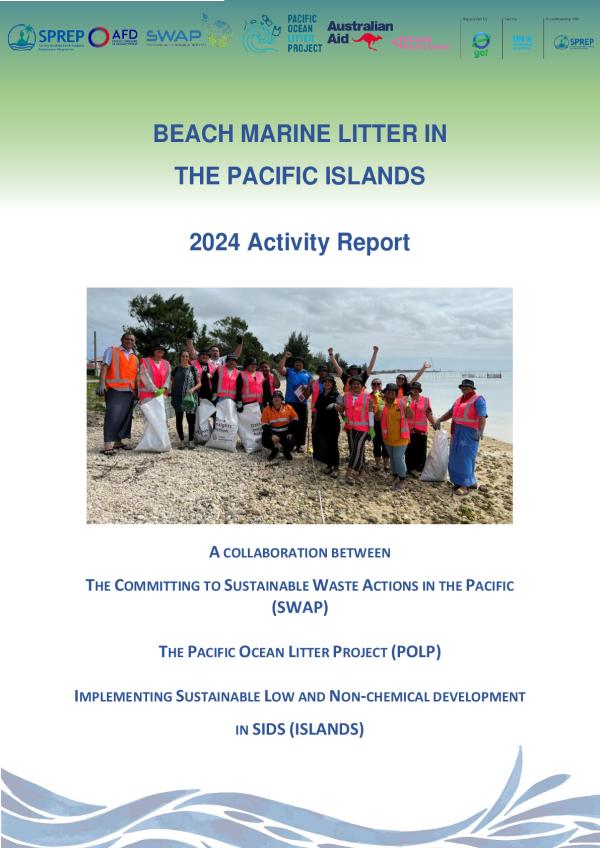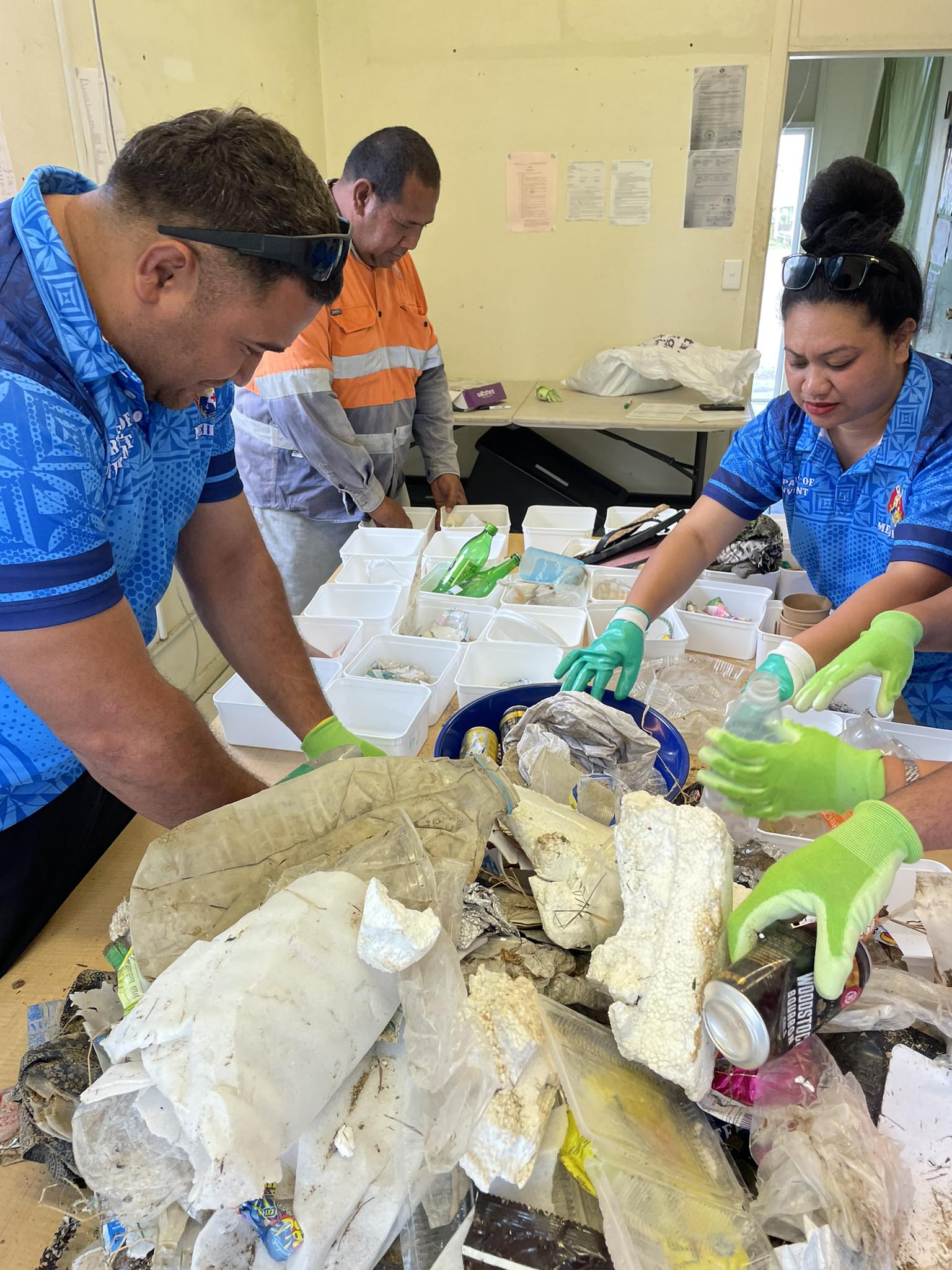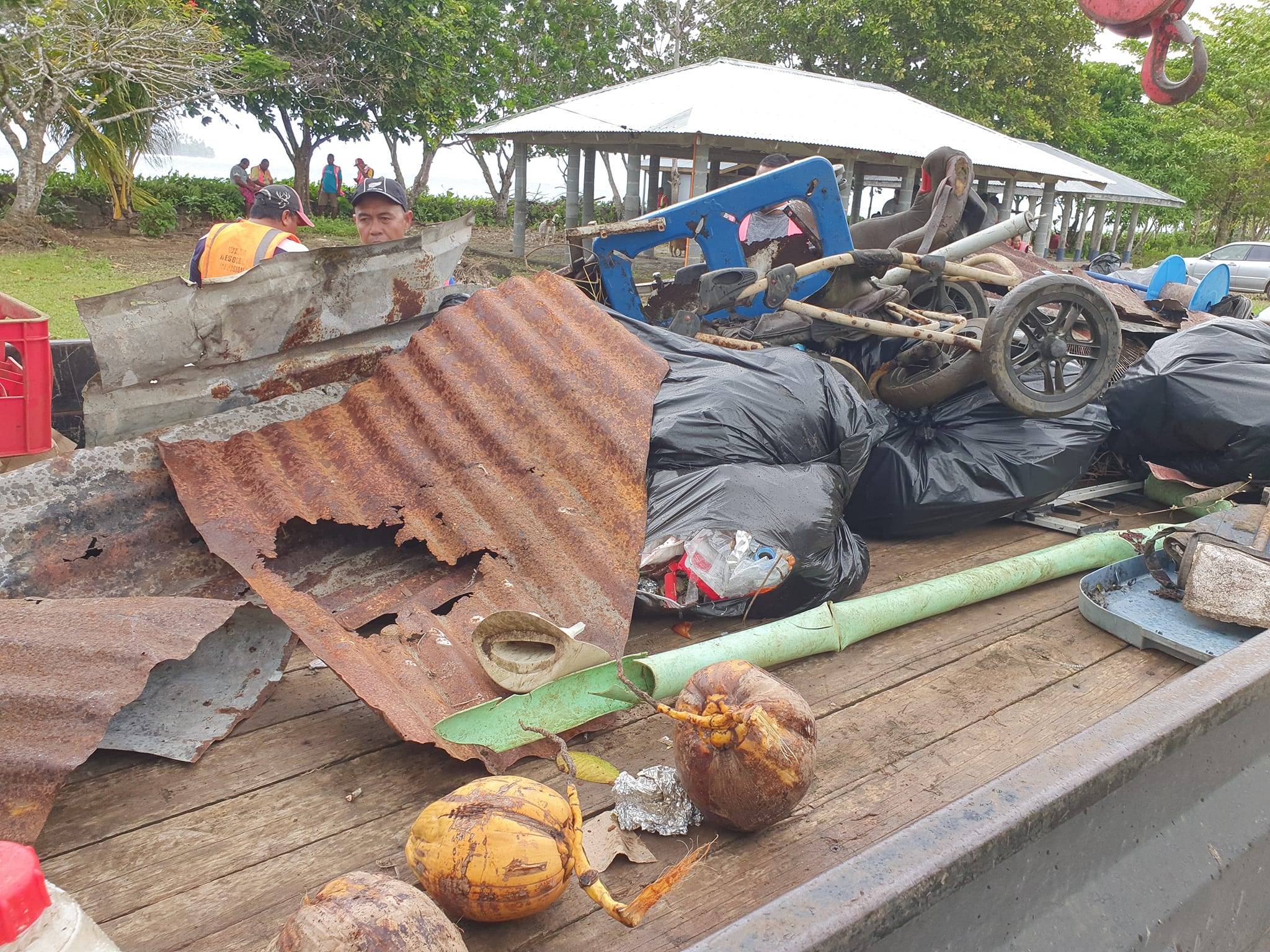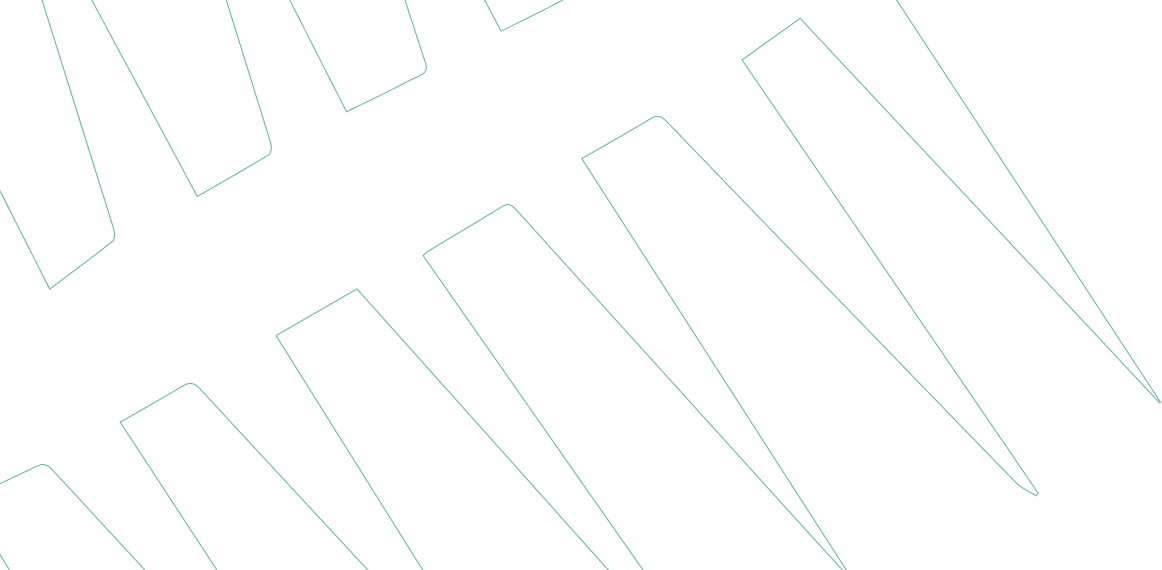
The SWAP2 project
In the continuation of the first phase, the purpose of the AFD-funded SWAP2 Project is to help achieve the strategic goals of the Pacific Regional Waste and Pollution Management Strategy (Cleaner Pacific Strategy) by improving waste infrastructure, building capacity, and enhancing collaboration among SPREP regional waste programmes and between Pacific Island Countries and French Territories.
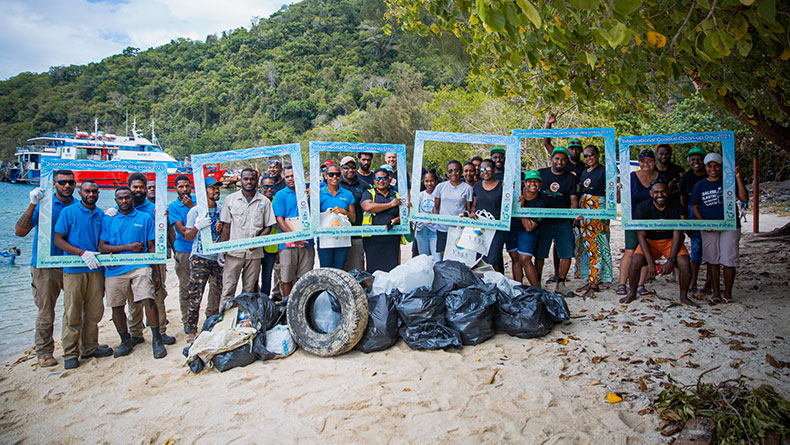
Key Achievements from Phase 1
SWAP2 follows the successful EUR 3million first phase which made significant strides in addressing waste management issues across the region including:
The construction of Used Oil Management Facilities and/or procurement of storage equipment in Samoa, Solomon Islands, Tonga and Vanuatu;
77 beach clean-ups conducted, 62 waste audits involving 2,649 volunteers and 45 communities across Fiji, Samoa, Solomon Islands, Tonga, Vanuatu and Wallis-and-Futuna;
The upgrade of access roads at Luganville Dumpsite and Bouffa Landfill, Vanuatu:
The procurement of a second-hand backhoe loader for Gizo Waste Disposal, Solomon Islands;
The construction of a scrap metal recovery facility in Wallis; and
The production of 70 videos to raise awareness on Waste Management.
Objectives of SWAP2
The project aims to support sustainable waste management in the Pacific region, especially to:
Support local communities and authorities in the development of national waste management policies and actions (collection, sorting, recovery, proper disposal);
Improve the delivery of waste services through development of waste management infrastructures and implementing pilot projects; and
Strengthen the technical, financial and governance capacities of authorities and practitioners.
The project is organised around 4 main components:
The project aims to grow awareness on the amount of litter entering the ocean, through beach clean-ups and waste audits. The results will be disseminated within communities, schools, youth groups and will serve to inform appropriate waste management policies, especially on single use plastic bans.
The project seeks to support beneficiaries’ countries at every step of the management of such hazardous waste: from collection to storage and disposal, through the construction of infrastructures, trainings for stakeholders, development of used oil waste management plans and implementation of sustainable financing mechanisms.
The project aims to improve the efficiency of solid waste management, by funding equipment for landfill maintenance, and/or activities to strengthen a circular approach within the region such as composting, scrap metal recovery plants, plastic recycling facilities, etc. In addition, funding may be made available to support local micro-initiatives.
The project will facilitate the sharing of knowledge, resources, and best practices among Pacific Island Countries and French Territories.

Four components
In line with the Pacific Regional Waste and Pollution Management Strategy (Cleaner Pacific Strategy), the project also seeks to ensure greater complementarity and collaboration among the various regional waste programmes implemented by SPREP or its partners, fostering synergies and joint activities.
